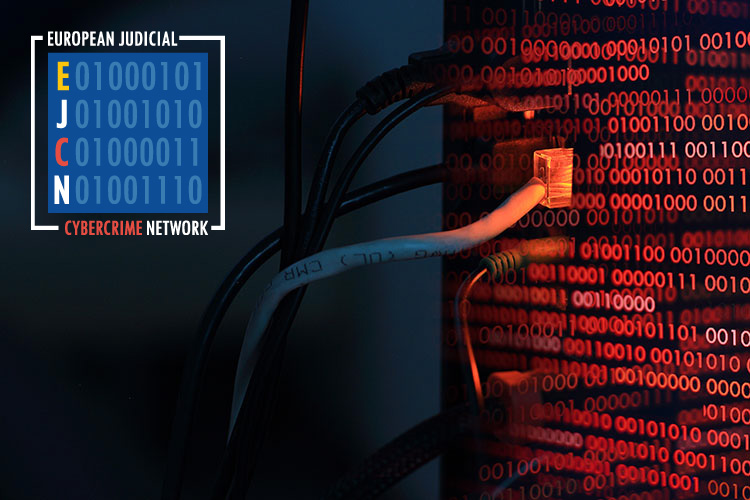
Judicial experts and practitioners in the field of cybercrime will focus on new trends in their domain and how to tailor investigations, during the 10th Plenary Meeting of the European Judicial Cybercrime Network (EJCN), which takes place today and tomorrow. The EJCN Plenary, hosted by Eurojust in an online format, will also give special attention to supporting victims of cybercrime. One of the particular topics in this regard is the recent taking down of the Emotet malware bot in a major cross-border operation with support from Eurojust and Europol.
The Emotet case is a good example of cybercrime as a service to other criminal activities. The Emotet infrastructure worked as an avenue for computer networks on a global scale to commit online fraud and deprive unaware users of large sums of money. During its takedown, particular attention was paid to the information of victims and support to them. The approaches to victim remediation will be one of the main points on the agenda.

The COVID-19 pandemic has proven to be a huge boost for online communications, and criminal networks have stepped up their illicit activities to abuse the internet for large-scale fraud schemes – so-called social engineering. Criminal online activities have become much bolder during the pandemic and grown in frequency and amounts concerned, defrauding private individuals and legitimate enterprises.
During the EJCN Plenary, participants will discuss experiences and criminal trends and analyse particular online fraud schemes to step up future investigations. The tailoring of training programmes for the judiciary according to these experiences is another major point of attention for the EJCN experts.
The European Judicial Network (judicial experts from EU Member States plus observers from some third countries), the European Commission, the Council, Europol and Eurojust will participate in the Plenary. The EJCN was established in 2016 to foster contact between judicial practitioners who specialise in countering the challenges of cybercrime, cyber-enabled crime and investigations in cyberspace. The network is hosted by Eurojust and functions as a forum for judicial authorities to exchange knowledge or best practice.
